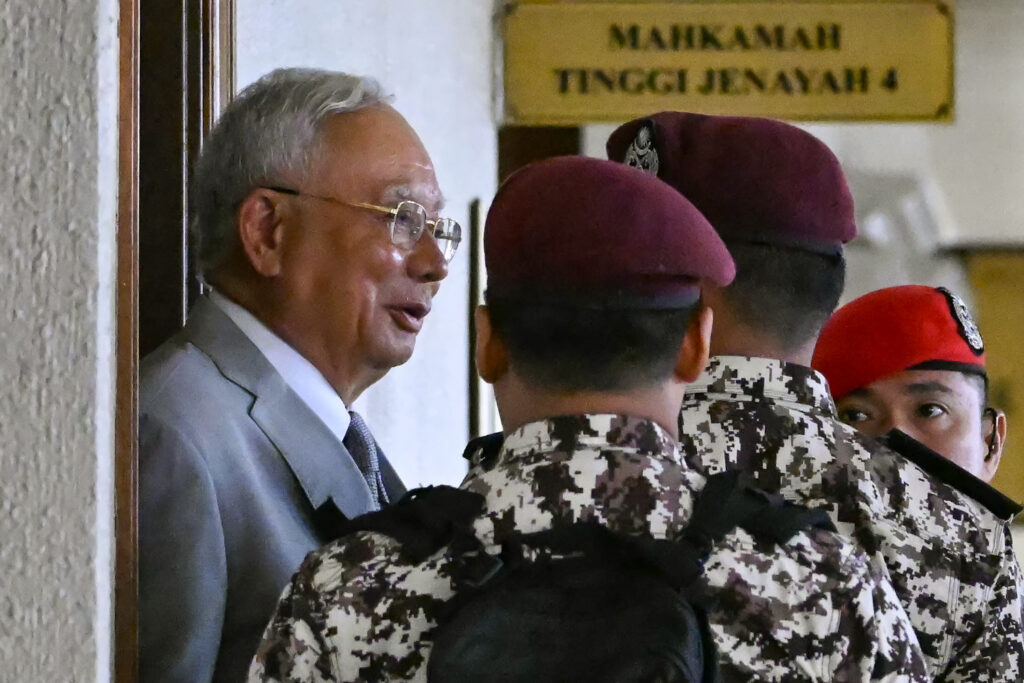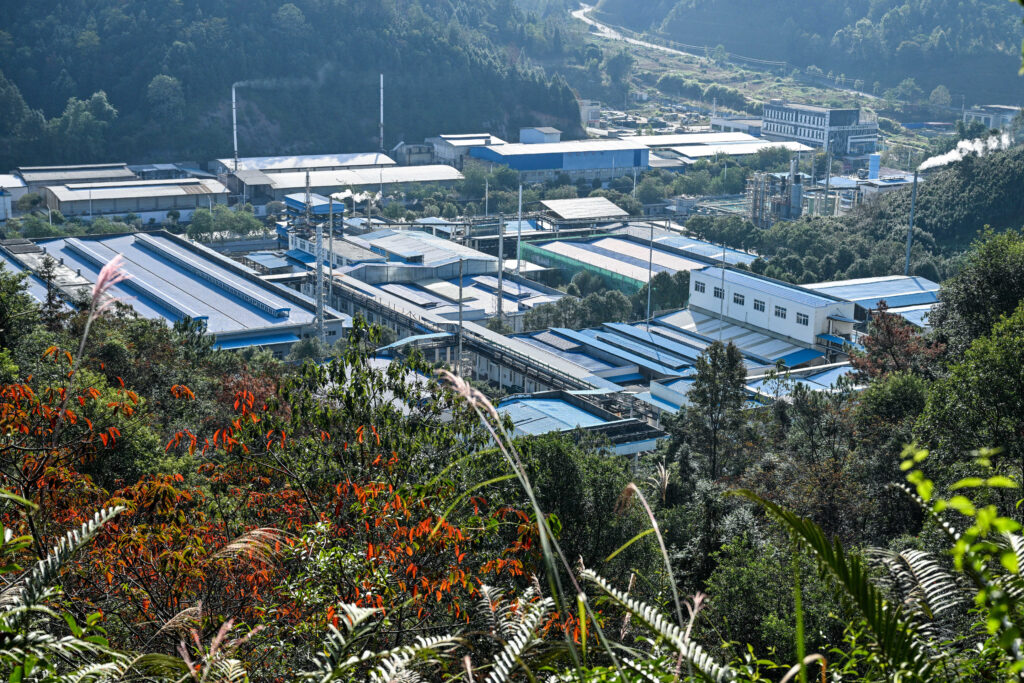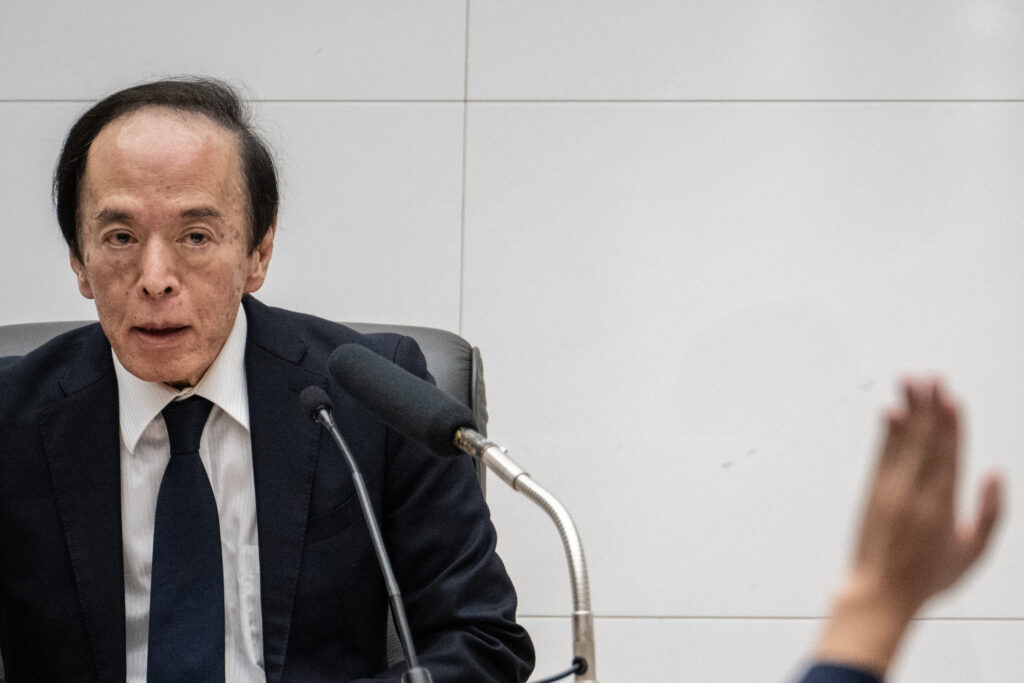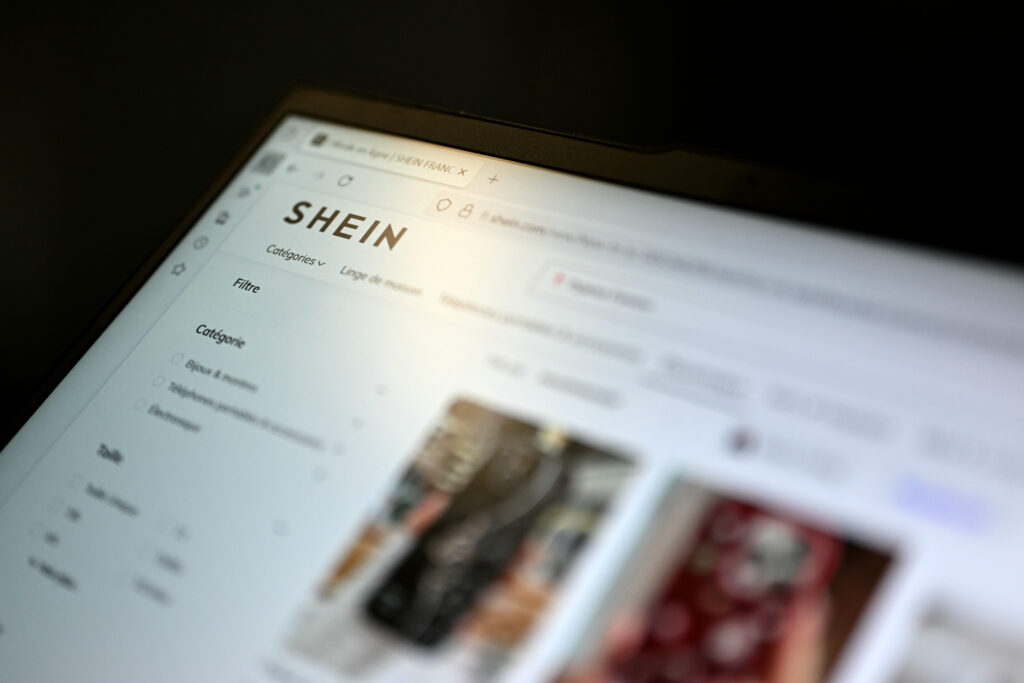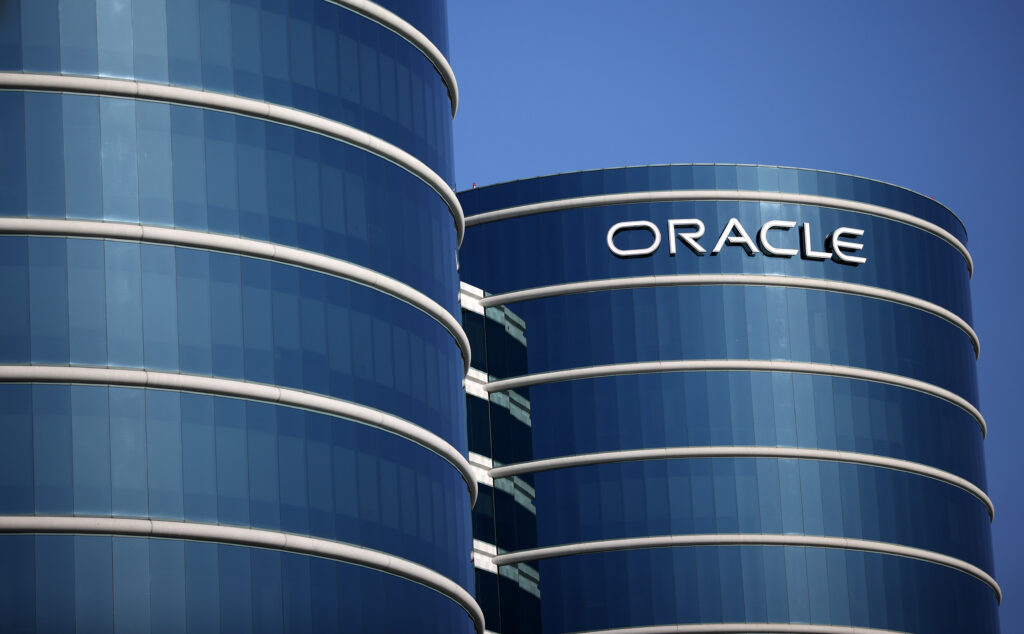Swiss court to hear landmark climate case against cement giant
A Swiss court has decided to hear a landmark climate case pitting residents of a tiny Indonesian island being swallowed by rising sea levels against cement giant Holcim, NGOs helping the islanders said Monday.”For the first time ever in Switzerland, a court has admitted climate litigation brought against a large corporation,” said a statement from NGOs including Swiss Church Aid (HEKS). The case is part of a wider international movement seeking to hold major companies responsible for climate damage that imperils millions, especially in developing countries.Oil companies have typically been the main target, but activists are hoping the Swiss case will highlight the role of the cement industry, which is responsible for around eight percent of annual carbon dioxide (CO2) emissions caused by human activity.Four residents of Pari island filed the case in January 2023, demanding compensation from the world’s largest cement firm and help to fund protection measures on the island.Two of the islanders travelled to Switzerland for a September hearing at the court in Zug, where Holcim is headquartered, to determine whether it would consider the complaint.- ‘Gives us strength’ -“The court has now made its ruling: the complaint must be admitted in its entirety,” the NGOs said.Both sides received the ruling in advance of Monday’s publication and they can still appeal against it.Holcim said in a statement it had “anticipated this as a potential outcome and intend to appeal”.Environmentalists have said 11 percent of the 42-hectare (104-acre) island of Pari has disappeared in recent years, and it could be completely under water by 2050.One of the plaintiffs, Asmania, who like many Indonesians goes by one name, hailed Monday’s decision.”We are very pleased. This decision gives us the strength to continue our fight,” she said in the NGO’s statement.- Mangroves needed -Holcim has repeatedly stressed it is committed to reaching net zero by 2050, but has argued that lawmakers should decide how those goals are met.”Holcim remains convinced that the courtroom is not the appropriate forum to address the global challenge of climate change,” it said.The NGOs said the Zug court had rejected that argument.Holcim has not owned any cement plants in Indonesia since 2019, but the islanders argue that the company shares the blame for rising temperatures and sea levels.Environmentalists say Holcim ranks among the world’s 100 biggest corporate CO2 emitters, and so bears significant responsibility for climate-related loss and damage.The four plaintiffs are seeking 3,600 Swiss francs ($4,500) each from Holcim for damages and for protection measures such as planting mangroves and constructing breakwater barriers.HEKS has said the amount is equivalent to 0.42 percent of the actual costs — in line with estimates that Holcim is responsible for 0.42 percent of global industrial CO2 emissions since 1750.In addition, the plaintiffs are demanding a 43 percent reduction in Holcim’s greenhouse gas emissions by 2030 and a 69 percent reduction by 2040.

